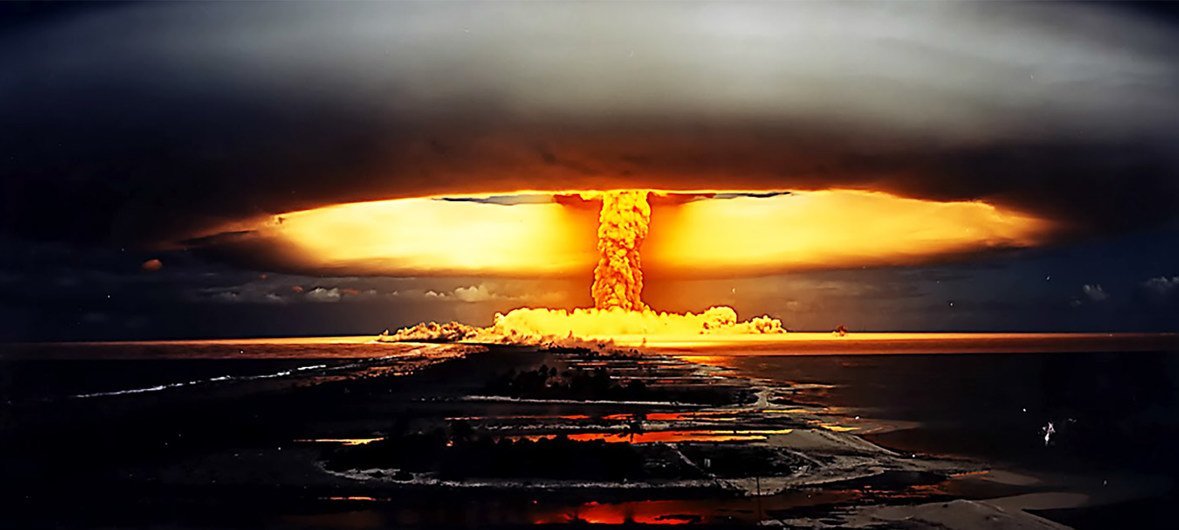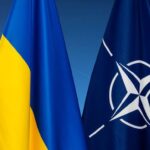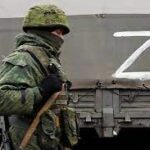Nuclear-weapon-possessing states have accelerated the pace of their build-up. The number of operational nuclear weapons in the world has started to grow as evidence of long-term plans to modernise and expand national armed forces. The Stockholm International Peace Research Institute (SIPRI) yearbook states this. In its report for the past year, the researchers warn of the global danger of this trend.
“We are drifting into one of the most dangerous times in human history,” said SIPRI director Dan Smith. “It is imperative, that the world’s governments find ways to work together to reduce geopolitical tensions, slow the arms race and deal with the effects of an environmental crisis, that is increasingly worsening,” he said. And called on countries to renew nuclear diplomacy and strengthen international control over nuclear weapons.
According to the report, nine nuclear powers – the United States, Russia, the United Kingdom, France, China, India, Pakistan, North Korea and Israel – continue to upgrade their nuclear arsenals.
SIPRI estimates, that the global stockpile of nuclear warheads continued to decline from early 2022 to early 2023, but that the number of active nuclear warheads will soon increase. About 2,000 warheads are now on high alert, mostly in Russia and the US. They are stored either in missiles or at air force bases.
According to peace researchers, Russia and the USA together own nearly 90 per cent of all nuclear weapons. Their arsenals remained stable in 2022, although the countries’ reporting on the topic has declined significantly since Russia’s war against Ukraine began. The British government also did not publicly report the number of its nuclear weapons last year.
The current increase of nuclear weapons in the world is primarily due to China, which is actively replenishing its stockpile. Researchers predict that Beijing’s arsenal will only continue to grow in the near future. As for India and Pakistan, these countries last year introduced and continued to develop new nuclear warhead delivery systems. Indian weapons are now designed for longer ranges, including one, that could reach targets inside China, the researchers suspect.
SIPRI notes with concern a general increase in rhetoric by states regarding the importance of nuclear weapons. North Korea also continues to view its military nuclear programme as central to its security strategy.
Analysts also note, that nuclear arms control and disarmament diplomacy has suffered serious setbacks since Russia’s full-scale invasion of Ukraine in February 2022. Thus, the U.S. immediately suspended bilateral dialogue on strategic stability with Russia. Moscow, for its part, announced in February 2023, that it was suspending its participation in the Treaty on Measures for the Further Reduction and Limitation of Strategic Offensive Arms.
“In this period of high geopolitical tension and mistrust, when channels of communication between nuclear rivals are closed or barely functional, the risk of miscalculation, misunderstanding or accident is unacceptably high,” insists Dan Smith.
SIPRI experts in their latest report particularly note the deterioration of global security over the last year. The consequences of the war in Ukraine are visible in almost every aspect of arms, disarmament and international security issues. Nevertheless, acute geopolitical tensions, mistrust and divisions were building up around the world long before Russia’s full-scale invasion of Ukraine,” the researchers say.


